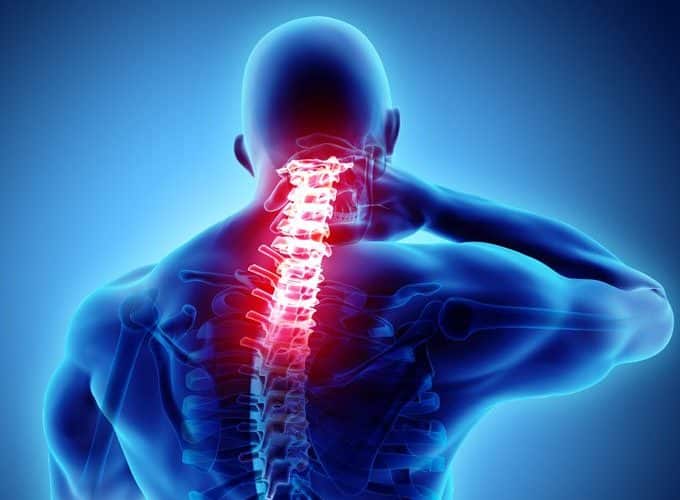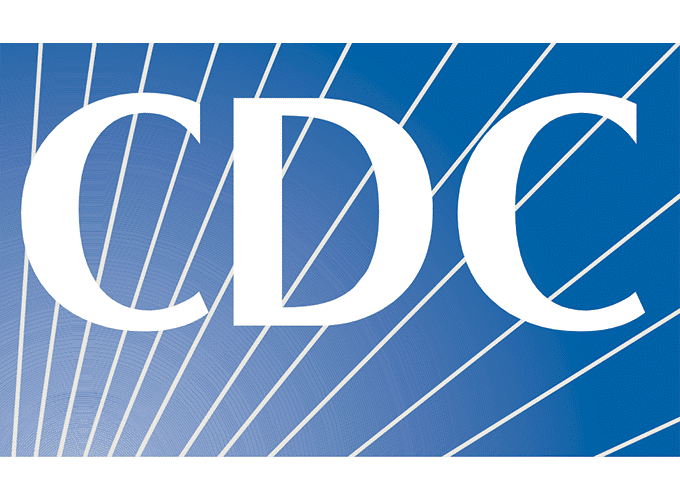
Share Your Expertise at the NCCHC Spring Conference on Correctional Health Care
Help shape the future of correctional health care.
Home NCCHC Updates Position Statement on Treatment of Chronic Pain
 Oct 16, 2023
Oct 16, 2023By Newton Kendig, MD
My colleagues and I on the Policy and Research Committee felt it was important to update NCCHC recommendations on the treatment of chronic pain, one of the most common and difficult challenges we face in correctional health care. Chronic pain significantly interferes with our patients’ quality of life and limits their full participation in correctional programming. In our position statement, we emphasized the importance of treating patients with chronic pain with dignity and respect that is free from stigma or bias. Patients should have thorough pain assessments that include objective measures such as our patients’ functioning in their institutional activities of daily living.
Too often in medicine, we have relied on opioids to treat chronic pain. The position statement recommends that many patients with chronic pain can be treated effectively with noninvasive, non-pharmacologic interventions. If medications are prescribed, non-opioids are preferred over opioids. Treatment plans for many or our patients with chronic pain should include interventions for associated mental health and substance use disorders. Additionally, suicide risk assessments should be conducted as clinically indicated when pain medications, particularly opioids, are discontinued or adjusted.
This position statement serves as a rallying cry for correctional health care to develop interdisciplinary pain management programs that provide patient-centered treatment plans for chronic pain. For many correctional systems, this will require building health care professional competencies in pain management as well as expanding treatment options for their patients, particularly non-pharmaceutical interventions such as physical therapy, cognitive behavioral therapy, mindfulness practices, and structured exercise programs.
View the new position statement, Management of Chronic Pain.
Newton Kendig, MD, is the vice-chair of the NCCHC Policy & Research Committee and a member of the NCCHC Governance Board. He is a liaison to the American College of Physicians.


